FASER entering uncharted territory: the first result of dark photon search and the first observation of collider neutrinos.
Abstract:
FASER or the ForwArd Search ExpeRiment is a novel approach to exploit proton-proton collisions for discovery of weakly coupling light long-lived dark sector particles in the phase-space which no current experiment has access to and collider-originated neutrino measurements at the TeV energy scale. The detector is located at the LHC in the far-forward region 480 m from the ATLAS interaction point. This talk will present FASER’s first physics results from a search for dark photons decaying to an electron-positron pair and the first observation of collider neutrinos. Both results are using a dataset corresponding to an integrated luminosity of 27.0 fb^{−1} collected at center-of-mass energy √s=13.6 TeV in 2022 in LHC Run 3. This talk will also discuss upgrade of the detector and new ideas about FASER2 and a future Forward Physics Facility to deepen understanding forward production physics in LHC collisions.
Biosketch:
Shih-Chieh Hsu <http://faculty.washington.edu/schsu> earned the BS/MS in Physics from National Taiwan University and the PhD in Physics from University of California San Diego. He is currently an Associate Professor in Physics and Adjunct Associate Professor in Electrical and Computer Engineering at University of Washington (UW), and the Director of NSF HDR Institute: Accelerated Artificial Intelligence Algorithms for Data-Driven Discovery (A3D3 - https://a3d3.ai/ <https://a3d3.ai/>). He is working on experimental particle physics using proton-proton collision data from the Large Hadron Collider. His research interests range from dark matter searches with the ATLAS experiment, neutrino cross-section measurements with the FASER experiment innovative Artificial Intelligence algorithms for data-intensive discovery, and accelerated machine learning with heterogeneous computing. He is a recipient of DOE Early career award and UW Undergraduate research mentor award.


